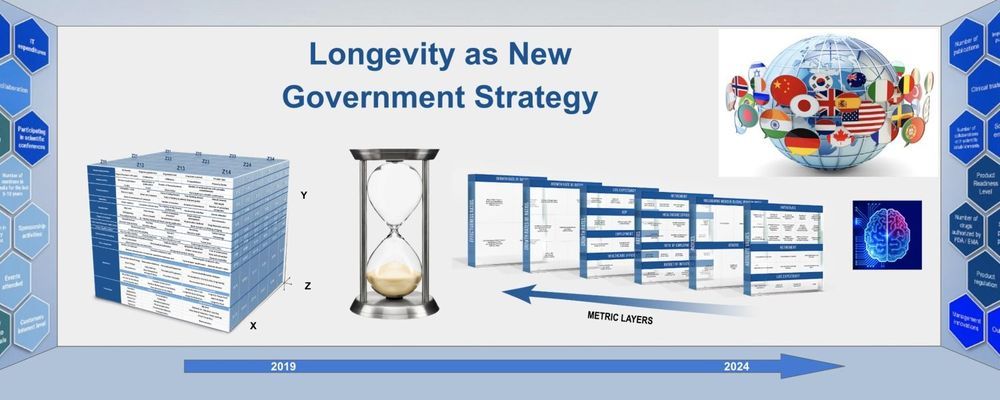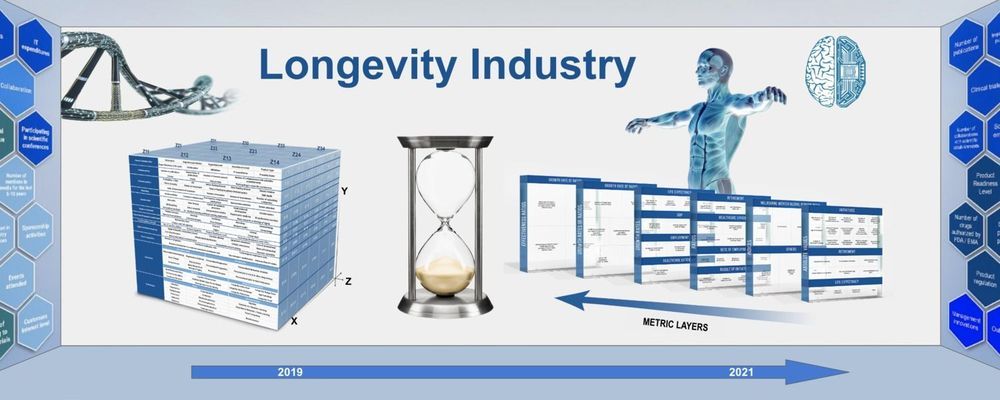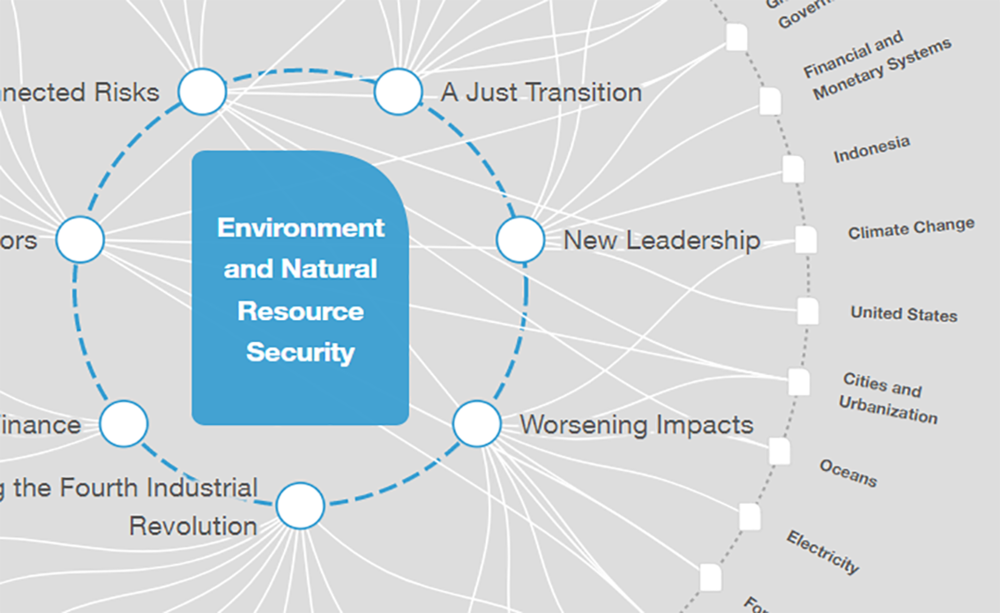https://www.linkedin.com/pulse/longevity-new-government-stra…-colangelo



The government has called a state of emergency in 12 districts across southern Peru as eruptions continue at Mt. Ubinas. Local governments are being overwhelmed particularly by health emergencies.
The eruptions of dense ash began before dawn on Friday, darkening nearby villages and spreading across four regions of Moquegua, Arequipa and Tacna. The Peruvian Geophysical Insitute, IGP, first issued a yellow alert but raised this to orange by noon as the eruptions increased. The ash will affect the health of inhabitants and also crops and grazing land, as winds spread the ash across the south and southeast of the region.
Emergency measures include immediate intervention of most government ministries, including Health, Agriculture, Transport and Environment. In earlier eruptions —most recently in 2013 and 2014— people from the villages close to the volcano had to be housed further away until the eruptions subsided.

How dictators work in the 21st century.
The new president of Kazakhstan is now proving that he will keep the old, oppressive systems alive for the 21st century, using advanced technical tools.
The man in the middle: Beginning last week, Kazakhstan’s government is intercepting all HTTPS traffic inside the country, ZDNet reports. HTTPS is a protocol meant to offer encryption, security, and privacy to users, but now the nation’s internet service providers are forcing all users to install certificates that enable pervasive interception and surveillance.
On Wednesday, Kazakh internet users were redirected to web pages instructing them to install the government’s root certificate in their web browser, which enables what’s called “man in the middle” interception of internet traffic, decryption, and surveillance.

TEMPEST is a U.S. National Security Agency specification and a NATO certification referring to spying on information systems through leaking emanations, including unintentional radio or electrical signals, sounds, and vibrations.
The traditional approach for TEMPEST product approval provides for government supervision of evaluations to include testing oversight and technical reviews of both the TEMPEST test plans and test reports produced by a nation’s TEMPEST evaluation personnel.
NATO agreed on a scheme in 1981 to have vendors offer approved TEMPEST products for sale to NATO and NATO member nations.


The Longevity industry will dwarf all other industries in both size and market capitalization and will require unprecedented sophistication in its approach for assessment and forecasting from the start to neutralize challenges and manifest opportunities
The Longevity Industry is not just about biotechnology and biomedicine. Rather, it consists of several distinct segments: Geroscience, Biomedicine, AgeTech and Finance. Despite this seemingly clear market segmentation, many of these sectors intersect with various domains of science and technology, such as advanced biomedicine, preventive medicine, digital health, AI, financial systems, pension systems and government national strategies.
One of the biggest challenges in assessing the Longevity industry is the extreme broadness of the sector. Hundreds of sectors, industries and domains of science and technology must be analyzed in order to obtain a concrete and comprehensive understanding of the dynamics, trends and direction of the industry. This situation is entirely unique to the Longevity industry. Due to this extreme level of complexity, realistic assessment and forecasting is extremely challenging, and the methods currently being applied for assessment of the biotech and biomedical industries are completely inadequate.

Carbon offsetting initiatives have been offered by private companies – including British Airways and Shell – for many years. These voluntary schemes give customers the choice to pay a premium, on the understanding that the company will offset some greenhouse gas emissions. Since carbon offsetting became an option, projects around the world have resulted in a saving of approximately 994m tonnes of carbon dioxide (CO₂) equivalent. But given that global CO₂ levels in 2018 were 33.1Gt, it’s fair to say that a lot more could be done.
The UK could become net zero emissions tomorrow if the government wished, but it would cost the tax payer dearly. In 2017, the UK’s total greenhouse gas emissions were 460m tonnes. If, for example, the government used the Gold Standard offsetting scheme, at an average cost of £10/tonne, that would amount to an astonishing £4.6 billion bill. Most would agree this would be an excessive cost for the government to bear, and anyway the public, private and third sectors should share responsibility for tackling emissions.
Local authorities have an important role to play in meeting this target, given their ability to work with residents, charities and businesses to make meaningful changes at a local level. Some local authorities are leading the way by setting ambitious targets: Liverpool City Council aims to become the UK’s first “climate positive” city by the end of 2020. The council has formed a partnership with a private sector organisation – the Poseidon Foundation – to achieve this through carbon offsetting.

Seemingly “intelligent” devices like self-driving trucks aren’t actually all that intelligent. In order to avoid plowing into other cars or making illegal lane changes, they need a lot of help.
In China, that help is increasingly coming from rooms full of college students.
Li Zhenwei is a data labeler. His job, which didn’t even exist a few years ago, involves sitting at a computer, clicking frame-by-frame through endless hours of dashcam footage, and drawing lines over each photo to help the computer recognize lane markers.
“Every good-looking field has people working behind the scenes,” says Li. “I’d prefer to be an anonymous hero.”
Li, and many of his classmates at a local vocational school, are benefiting from the Chinese government’s push to move away from an economy based on heavy industry, and toward one focused on high tech.
Li doesn’t have a degree in computer science. So for him, this is a new opportunity to get a foot in the door of a booming tech industry.

With its growing aging population, Singapore has a looming crisis, but could also be primed to become a major player in the rejuvenation biotechnology industry.
Singapore has one of the fastest-aging populations in the world. Senior citizens 65 years old or older are expected to make up almost half of Singapore’s population by 2050. Unfortunately, this swelling population is spending more time living with sickness, even though they live longer. While average lifespans have been extended, healthspans have not. [1] Singaporeans have an impressive average life expectancy of 84.8 years, but an average Singaporean born in 2017 is predicted to spend the last ten and a half years in sickness, compared to how a Singaporean born in 1999 is likely to spend only nine twilight years in deteriorating health.
This is becoming a massive concern for the Singaporean government because of the financial strain that this is imposing on Singapore’s budget. Having the world’s second-lowest birth rate coupled with a rapidly aging population means that the ratio of working adults to senior citizens is quickly shrinking. In 2007, there were 6.9 working adults for every senior citizen. By 2030, there will be 2.3 working adults per senior citizen.
In under a decade, Singapore’s healthcare budget more than doubled from S$4 billion in 2010 to S$10 billion in 2017. [2] Among the developed nations of the world, Singapore has a reputation for being one of the most fiscally conservative; there’s a socio-political stigma against the term “welfare state” in Singapore. Since its unprecedented independence in 1965, Singapore has had a general zeitgeist of “every man for himself,” as we are a nation with no natural resources. Our highly-educated workforce, along with our strategic geographical location, is the primary resource undergirding our knowledge-based economy.